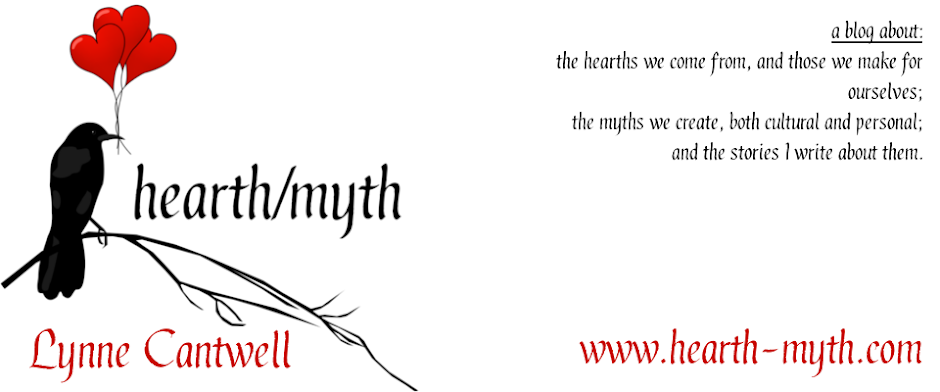Book titles are funny things, and titles for individual books in a series are odder still. For the original Pipe Woman Chronicles, I picked Seized, a single past-tense verb, for the title of the first book -- and then had to hit the thesaurus pretty hard to find suitable one-word titles for the other five books. (Gravid was perhaps the least successful compromise, as it didn't end in -ed.)
For the second series, Land, Sea, Sky, I went for nouns that had something to do with the elemental force that took center stage in each book: Crosswind for Air, Undertow for Water, and Scorched Earth for, obviously, Earth. That last one was another compromise, as I had to opt for two words to convey the meaning I was after.
Which brings us to the Legacy books. I didn't want to do another round of single-word titles, so I opted for two words, the first being a possessive noun. Dragon's Web and Firebird's Snare worked great for Sage's books, and I thought I was done. But then I realized I needed to give Webb a couple of books, too -- so back to the thesaurus I went. Spider's Lifeline was genius, I thought (if I did say so myself).
 |
| A. Balet | Wikimedia Commons | CC 3.0 |
And then came Book Four.
I knew that part of the plot would revolve around Hilary's kappa, Enkou (sorry if that's a spoiler), so I decided to put the word Turtle in the title. Which meant I then had to come up with a word to go with. Out came the thesaurus again. The titles of Sage's books include terms for traps: web and snare. But a lifeline isn't a trap. It's a way out.
When I saw the word weir, I realized I'd found my title -- because a weir can be both a trap and a way out.
Weirs have been built for centuries, both along rivers and in tidal areas. They serve a couple of purposes: like dams, they can be used to regulate the flow of water; and they can also be used either to trap fish for catching, or to point them toward a fish ladder to allow them to get over the weir. (This photo is of a weir at a grist mill in Washington state.)
Webb's girlfriend's kappa has proven to be a free agent, answering to no other gods -- but he has also proven to be loyal to Hilary, and by extension, to the Curtis clan. So leave it to Enkou to develop a mysterious structure that might save everyone in the end.
Oh, right -- here's the cover.
Turtle's Weir is currently with my editors, and I believe we're on track for publication this coming week -- probably Thursday, June 30th -- but I'll send a newsletter when it's live. This would be an awesome time to sign up for my mailing list, if you haven't already. Just click here and add your name and email address. I wouldn't want you to miss the release date when it's so close.
***
These moments of catch-and-release blogginess have been brought to you, as a public service, by Lynne Cantwell.




